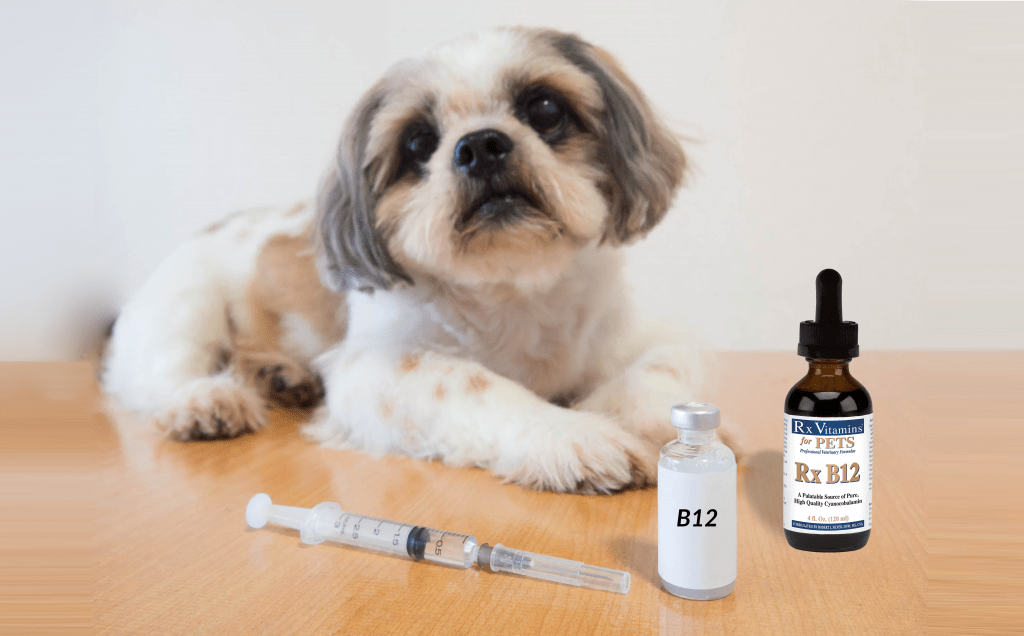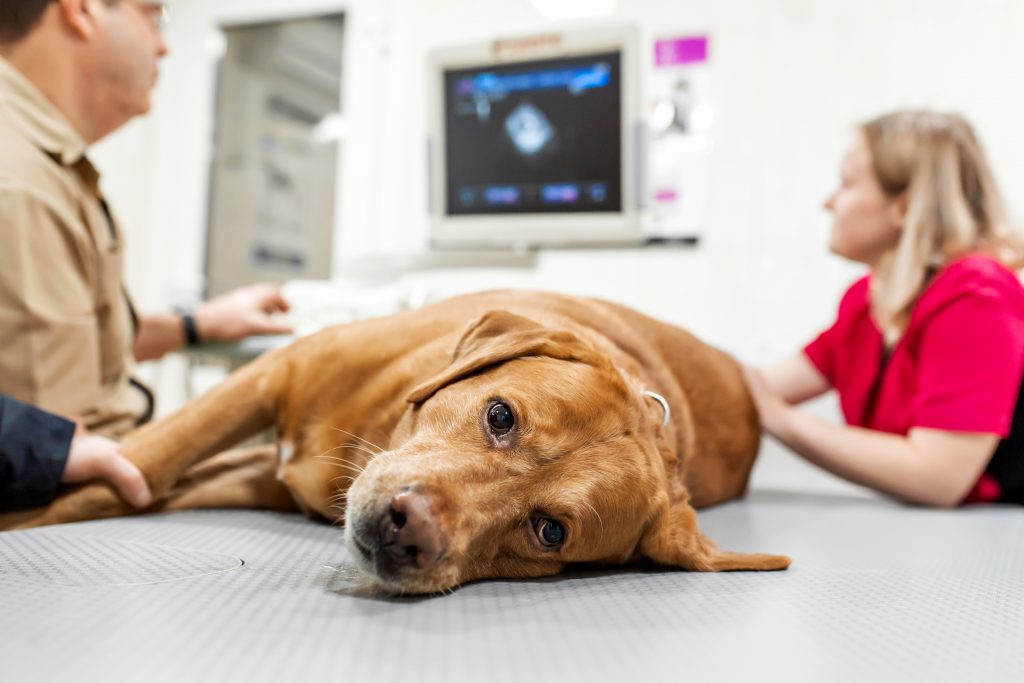
It is well documented that cats and dogs with chronic enteropathies (CE), intestinal lymphoma, or exocrine pancreatic insufficiency are often cobalamin (B12) deficient (1,2). Problems with intrinsic factor binding to ileal receptors in the diseased tissue leads to B12 deficiency. Current supplementation protocol calls for repeated parenteral injections of hydroxycobalamin over 6 weeks bypassing the diseased tissue. […] Read more »









